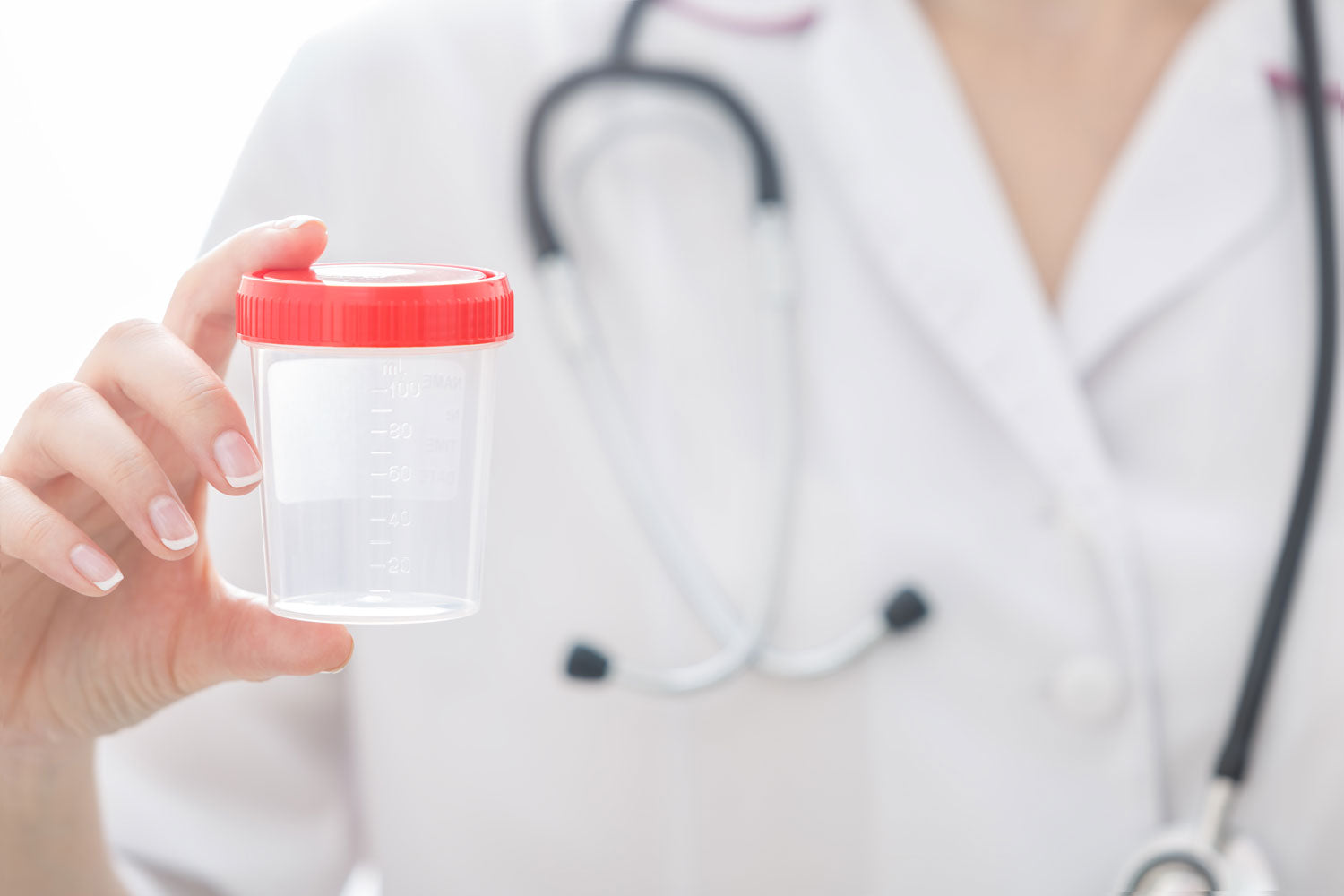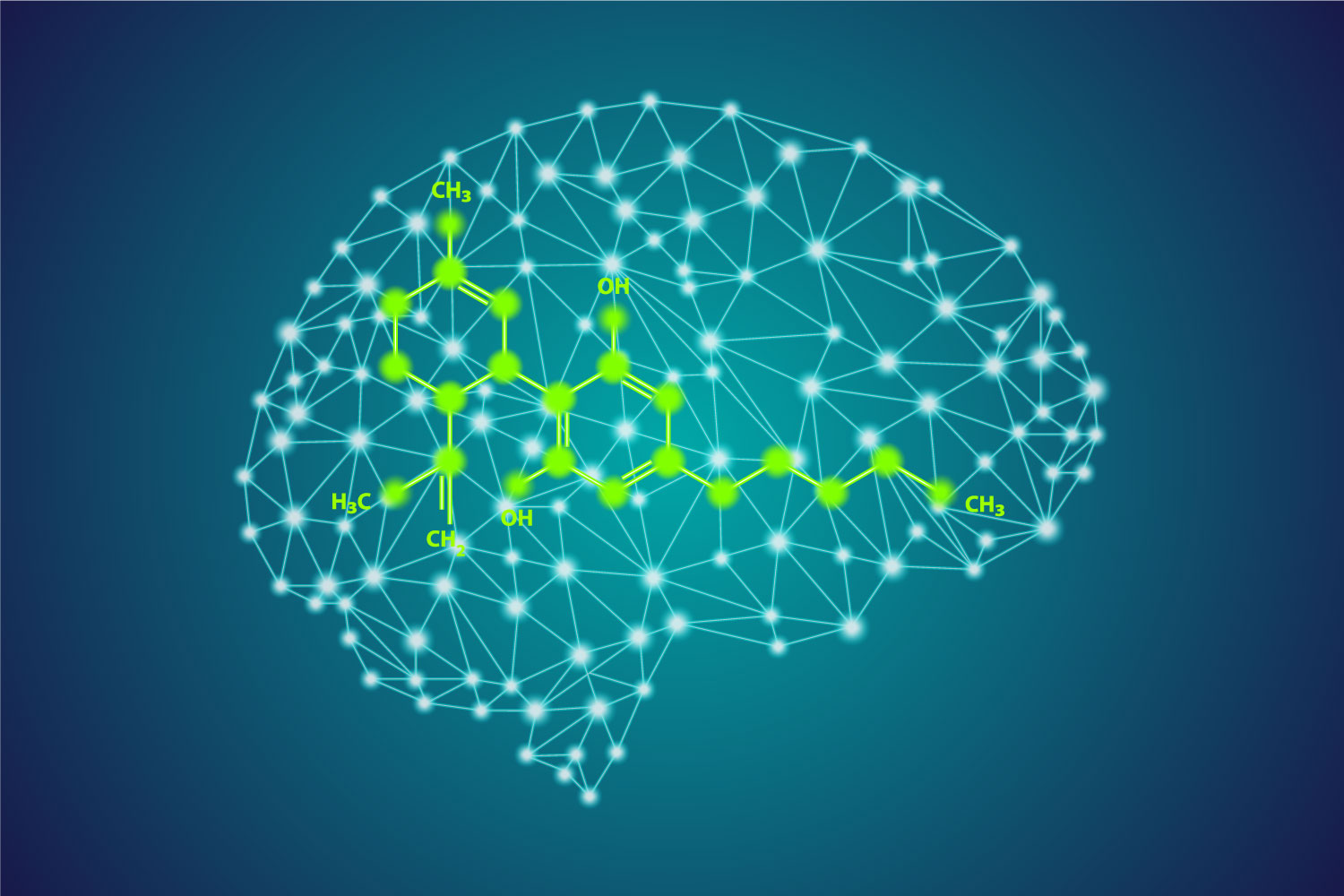
Can CBD Get You High?
WRITTEN BY CAROLINE CASSOL AND DR. SWATHI
Short answer: No.
What is the difference: CBD vs. THC?
CBD is one of the many cannabinoids found within cannabis. But, it is not responsible for eliciting the high feeling associated with recreational marijuana use. Cannabidiol (CBD) is found in both hemp and cannabis, a cannabinoid often confused with the psychoactive or intoxicating component known as tetrahydrocannabinol (THC).
How does it work in the body: CBD vs. THC?
Although they both are cannabinoids and their molecular formulas are not the same, so this affects the way they interact with the cannabinoid receptors within the body.
More specifically, THC has a cyclic ring while CBD has a hydroxyl group in its place. This slight structural difference is what allows the two cannabinoids to cause different physiological effects so that CBD has a variety of therapeutic effects used to treat anxiety and even muscle or nerve pain.
What are cannabinoid receptors?
Research supports the presence of at least two cannabinoid receptors. They are called, cannabinoid type receptor 1 (CB1) and cannabinoid type receptor 2 (CB2). Both cannabinoid receptors are found throughout the body including but not limited to vital organs, bones, muscles, and the brain. From an overarching standpoint, CB1 is more closely associated with central nervous system function while the CB2 is more closely associated with immune function.
CBD & Cannabinoid Receptors
CBD is a CB1 negative allosteric modulator, meaning that the CB1 receptor can change shape, making it more difficult for THC to bind. Therefore, the presence of CBD can even reduce the effect of THC in the body by decreasing its ability to stimulate the CB1 receptor. CBD does not bind to the CB1 receptor to elicit the same effect as THC, it binds to a regulatory site separate from the active site so the physiological effects of CBD differ from those of THC.
THC & Cannabinoid Receptors
THC activates the CB1 and CB2 receptors that are associated with physiological functions such as memory, learning and pain. Activation of the cannabinoid receptors stimulate the brain’s reward system to cause a release of dopamine. The increase of dopamine is in part what causes a euphoric sensation with use of products containing THC.
What are the possible side effects: CBD vs. THC?
CBD could elicit side effects such as drowsiness, changes in appetite, nausea, as well as interactions with prescription and over the counter medications. Taking higher than recommended doses of CBD, this will not result in the user feeling high. Taking higher than recommended doses of THC could result in difficulty concentrating, increased heart rate, anxious feelings, and changes in appetite.
The bottom line
CBD and THC are both cannabinoids found naturally in the cannabis plant; however, they are structurally different, behave distinctly in the body, and therefore have their own set of therapeutic benefits effects. For more information, check out more information about CBD here.
References:
- Eske J. CBD: Does it cause a high?. Medical News Today. https://www.medicalnewstoday.com/articles/does-cbd-get-you-high. Accessed December 23, 2021.
- Halperin, Alex. What is CBD? The 'miracle' cannabis compound that doesn't get you high. The Guardian. https://www.theguardian.com/society/2018/may/28/what-is-cbd-cannabidiol-cannabis-medical-uses. Accessed December 23, 2021.
- Holland K. Can you get high from CBD or CBD oil?. Healthline. https://www.healthline.com/health/does-cbd-get-you-high. Accessed December 23, 2021.
- Rudd J. CBD vs. THC – What are the Main Differences?. Analytical Cannabis. https://www.analyticalcannabis.com/articles/cbd-vs-thc-what-are-the-main-differences-297486. Accessed December 23, 2021.
- Varanasi S. Is Delta-8 Legal? What Does That Mean for Drug Tests?. GoodRx. https://www.goodrx.com/well-being/substance-use/delta-8-legality-drug-tests. Accessed December 30, 2021.
--
This article was edited by Dr. Swathi and was written by Element Apothec Scientific Communications Intern, Caroline Cassol. She is a Doctor of Pharmacy (PharmD) student at University of Connecticut School of Pharmacy in Storrs, Connecticut.











